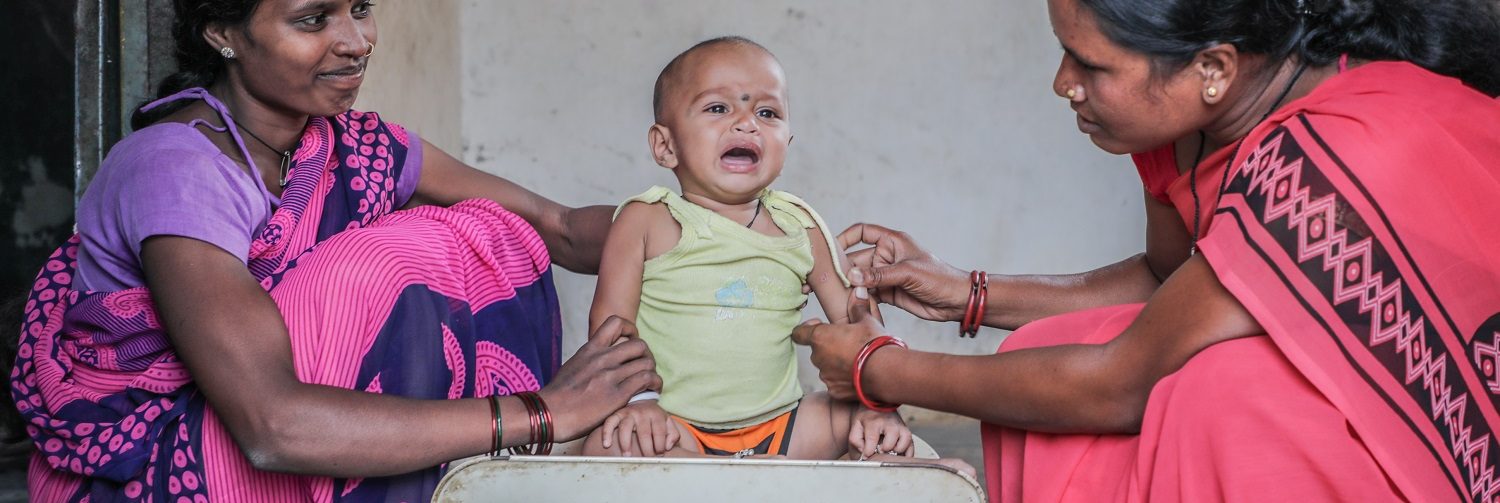Earlier this summer, I was asked to speak about nutrition at the Harvard Ministerial Leadership in Health program in Boston, Massachusetts. The Harvard Ministerial Leadership in Health program is a joint initiative of the Harvard T. H. Chan School of Public Health and the Harvard Kennedy School in association with the Children’s Investment Fund Foundation (UK), the Bill & Melinda Gates Foundation, Bloomberg Philanthropies, the GE Foundation, and the Rockefeller Foundation. The program was launched in 2012 and has seen participation from 56 ministers from 40 countries to date. This was a fascinating opportunity but a challenging task. It took me several days to decide on what to present for the 1.5 hour discussion with the different health ministers. I finally decided on and presented the following points:
- Health systems should invest more in nutrition: Improving nutrition is central to achieving typical Ministry of Health goals related to maternal and child mortality and non-communicable diseases (NCDs). Health systems and primary health care play a pivotal role in reaching women and children in the first 1000 days.
- Social determinants of nutrition are broadly similar to the social determinants of health, and equity considerations are really important to consider whilst delivering services: I used the example of Maharashtra, where improvements in social determinants and addressing equity in nutrition and health service delivery has led to important improvements in nutrition outcomes.
- POSHAN, Transform Nutrition and Alive & Thrive offer examples of research we are doing on effective implementation of nutrition interventions in health systems: Nutrition seems to be improving in the context of antenatal care in Bangladesh's health system, but not so much in the context of the management of sick children. Research on delivering nutrition-specific interventions in the state of Odisha in India, finds significant gaps in only three out of about a dozen interventions (counseling to support improved child feeding remains major gap!). In Ethiopia, actions to strengthen counseling via the health system are starting to make a difference, yet, coverage is far from universal because the health extension platform is not yet delivering outreach services at 100% scale.
- Financing for and monitoring and measuring the delivery of nutrition interventions through health systems (and beyond) is important to help see where the gaps are: In relation to this set of issues, I spoke briefly about POSHAN’s work on costing, and work being done by the World Bank and Results for Development on costing and financing for nutrition. Costing is such an important entry point to get to the nuts and bolts of intervention choice, design options, and implementation options. I also offered some suggestions on how ministers might pay attention to nutrition in their health systems through commitments to measuring and monitoring nutrition intervention coverage and nutrition outcomes alongside work to improve measurement and monitoring of health interventions and outcomes. Nutrition interventions are often already embedded into health systems but aren't prioritized, monitored and budgeted for, and this leads to them falling through the cracks. We discussed that health systems can and must strengthen their own accountability to deliver for nutrition - not for nutrition alone - but to see improved health outcomes.
As I listened to the discussion, I was left feeling that the nutrition community, who has largely worked on nutrition-specific programs rather than on delivering nutrition through the health system per se is still somewhat behind in being able to offer robust, scale-able solutions to deliver more for nutrition via health systems. Most of the questions and queries from the ministers related to the "food" component of nutrition and less about the "health" and "care". This calls for quite a lot more investment, so that the nutrition community can help the health community see its important place in tackling malnutrition writ large.
Investments in making primary health care more nutrition-sensitive, across the life cycle, can deliver major returns to nutrition - even simple things like scaling-up IFA delivery, or scaling-up counseling by health workers for infant feeding, could deliver big returns. As countries work on strengthening health care systems to respond to MDG performance and to prepare for the SDGs, finding spaces in these health system strengthening processes to improve nutrition is central to what progress will look like on the next set of development goals.
Written by: Purnima Menon, IFPRI



